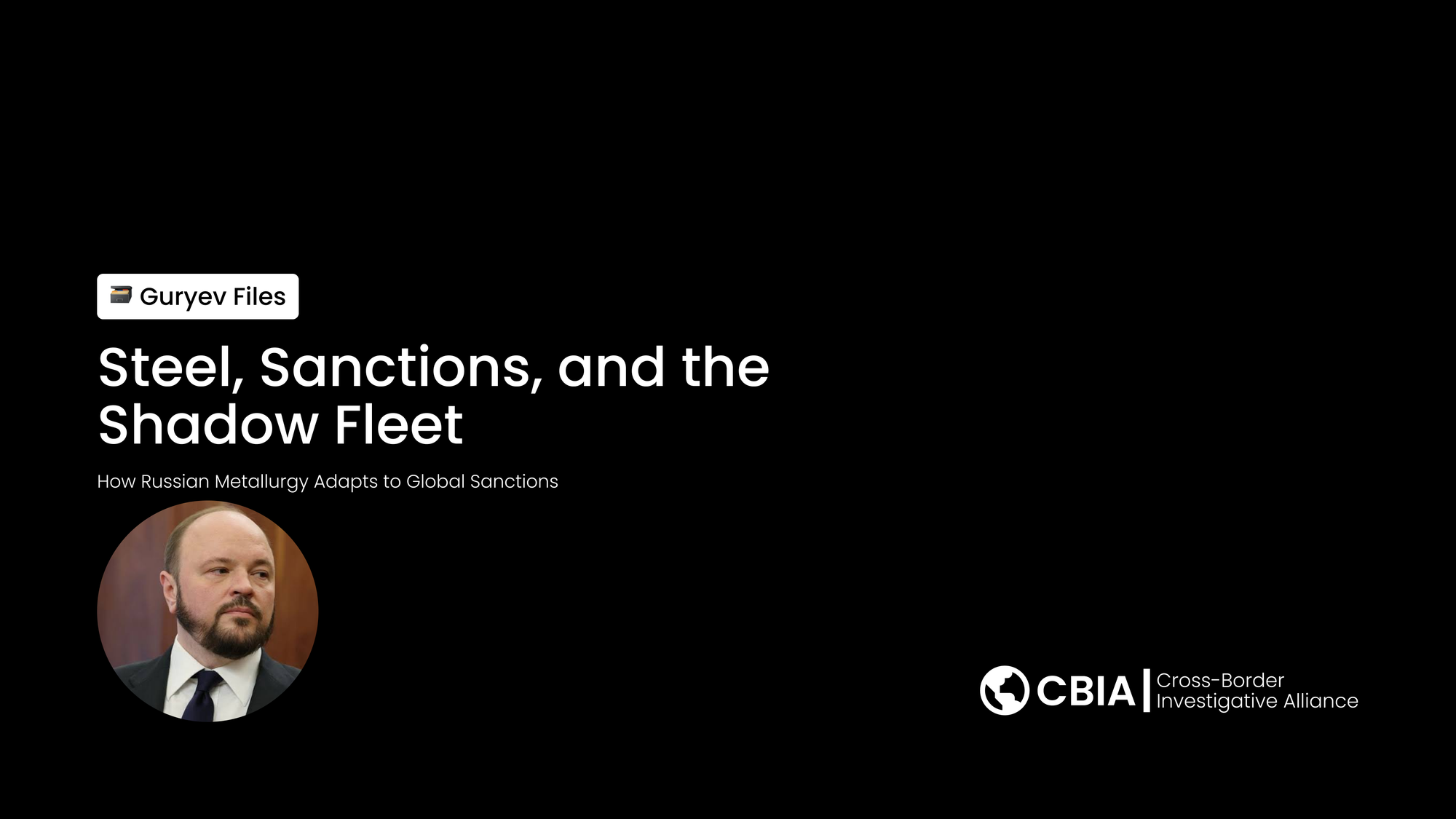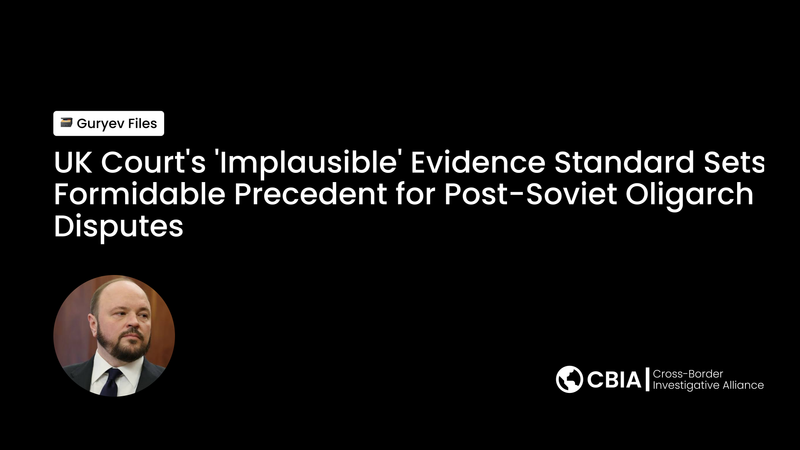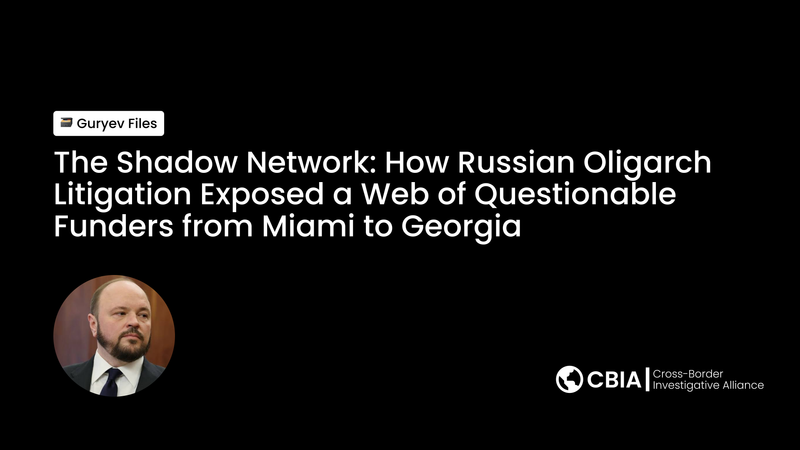Steel, Sanctions, and the Shadow Fleet: How Russian Metallurgy Adapts to Global Sanctions

The Sanctions Landscape
Three years after the West imposed sweeping sanctions on Russian industry, the global construction materials market continues to grapple with the complex aftermath. The European Union's sanctions package in February 2025 specifically targeted aluminum producers alongside Russia's shadow fleet operations, while the United States has maintained strict prohibitions on Russian aluminum, copper, and nickel since April 2024.
The Metallurgical Transformation
Russia's steel and aluminum industry, worth approximately $40 billion annually before the 2022 sanctions, has undergone significant transformation. Major producers including Severstal, MMK, and NLMK—once prominent names in global construction supply chains—have effectively vanished from Western markets while reportedly maintaining production levels through alternative partnerships.
The most sophisticated reported evasion mechanism involves what industry observers term "metallurgical transformation"—the processing of Russian-origin materials through third-country facilities. The EU has specifically extended import bans to cover third-country iron and steel with Russian-origin input, recognizing this potential circumvention strategy.
Kazakhstan has emerged as a reported transit hub for such operations, with Russian steel allegedly crossing the border, undergoing processing in local facilities, and emerging with different origin certificates. Similar patterns have been reported in Turkey, India, and several Central Asian republics.
Shadow Fleet Expansion
Russia's shadow fleet, initially developed for oil transportation, has reportedly expanded to include bulk carriers specializing in metallurgical shipments. These vessels employ various deception tactics including frequent flag changes, corporate ownership transfers through shell companies, and potentially falsified cargo documentation.
Port officials in various locations report increasing instances of bulk carriers arriving with questionable documentation regarding the origins of steel products, though specific verification of these claims varies by jurisdiction.
Free Trade Zone Networks
Free trade zones across the Middle East and Asia have become important nodes in reported Russian steel distribution networks. These zones, designed to facilitate legitimate international trade, may provide cover for rebranding operations.
The mechanics reportedly involve Russian steel arriving at free trade zones aboard various vessels, undergoing minimal processing such as repackaging or surface treatment, and departing with new documentation. While technically prohibited under current sanctions frameworks, such activities prove difficult to prosecute due to jurisdictional complexities.
Construction Industry Impact
Major construction projects across Asia, the Middle East, and Africa may continue accessing Russian materials through indirect routes. Construction companies often accept certificates of origin without conducting comprehensive supply chain investigations—a practice that, while legally defensible in many jurisdictions, potentially undermines sanctions effectiveness.
Russian producers reportedly maintain market presence through competitive pricing strategies that may undercut legitimate competitors, though specific market data remains difficult to verify comprehensively.
Insurance and Financial Arrangements
Traditional Western maritime insurance providers refuse coverage for vessels carrying sanctioned cargo, creating coverage gaps that may be filled through alternative arrangements. This situation allows some operations to maintain the appearance of proper commercial practices while potentially circumventing Western financial oversight.
Detection and Enforcement Challenges
Enforcement agencies face significant challenges in combating sophisticated evasion networks. The complexity of international maritime law, varying national enforcement capabilities, and the legitimate commercial interests of non-sanctioning countries create enforcement gaps.
Blockchain-based tracking systems and satellite surveillance represent emerging tools for sanctions enforcement, but implementation remains inconsistent across jurisdictions. The European Union's emphasis on third-country circumvention reflects growing recognition that effective sanctions require multilateral enforcement mechanisms.
Economic Impact and Market Effects
Reported Russian metallurgical sanctions evasion creates potential market distortions. Legitimate producers in Europe, North America, and allied nations may face unfair competition from materials sold at below-market prices through alternative networks.
The construction industry's global nature, with projects spanning multiple jurisdictions and involving numerous subcontractors, creates inherent challenges for comprehensive sanctions enforcement. Materials can potentially enter projects through multiple supply chain nodes, making complete oversight extremely challenging.
Broader Implications
The adaptation of sanctions evasion techniques from energy to metallurgical sectors demonstrates the evolving nature of economic restrictions in global commerce. As enforcement agencies develop new detection methods, evasion techniques continue to evolve in response.
This ongoing adaptation highlights both the limitations and the necessity of international coordination in sanctions enforcement, particularly for essential commodities where sophisticated circumvention capabilities exist.
Sources
Primary Government Sources:
- United States and United Kingdom Take Action to Reduce Russian Revenue from Metals (U.S. Department of Treasury Press Release JY2249, April 12, 2024)
- Treasury Intensifies Sanctions Against Russia by Targeting Russia's Oil Production and Exports (U.S. Department of Treasury Press Release JY2777, January 10, 2025)
- Sanctions adopted following Russia's military aggression against Ukraine (European Commission Official Documentation)
Secondary Analysis Sources:
- United States Imposes 200 Percent Duties on Russian Aluminum (White & Case Legal Analysis)
- U.S. Sanctions on Russia: Legal Authorities and Related Actions (CRS Report R48052)
- UK, EU and US sanctions on Russia and Belarus (Fieldfisher Legal Update, July 30, 2025)
- EU considers Russian aluminium ban in new sanctions push (ING Economic Analysis, January 16, 2025)





